If you're like me,Watch Where Sleeping Dogs Lie Online you've seen Facebook friends post links to questionable blogs, people have texted you links to fake stories, and you see fake news articles all over Twitter.
Deciphering what's fake in the digital diaspora is an obvious problem to which immediate solutions haven't exactly been forthcoming, so schools in Italy have trained their focus on fixing the future.
SEE ALSO: Donald Trump claims he came up with the term 'fake news'The Italian government is partnering with Facebook and Google to teach students across 8,000 high schools how to pick out conspiracies and fake information, according to The New York Times. The program will start at the end of October.
Chamber of Deputies President Laura Boldrini is leading the initiative alongside the Italian Ministry of Education, and she told The New York Timesthat it's important to make sure students -- who spend their days immersed in their devices -- are able to "defend themselves from lies."
Facebook will reportedly try to boost the program by aiming program ads at high schoolers, though Boldrini didn't seem excited about how the company could use the program to deflect from its own fake news problem.
Last month, the company announced it would provide a congressional committee with around 3,000 Facebook ads linked to Russian government attempts to undermine the integrity of the 2016 United States presidential election. CEO Mark Zuckerberg also recently revised a comment he made after the election, when he said it was "crazy" to think that the spread of fake news on Facebook had an effect on the election.
Facebook didn't immediately respond to a request for comment about the partnership, but Laura Bononcini, who heads public policy for the company in Italy, Greece and Malta, told the Timesthat "education and media literacy are a crucial part of our effort to curb the spread of false news."
Facebook has shown that it, too, needs help with media literacy. Google and Facebook promoted fake news in the aftermath of the recent mass-shooting in Las Vegas, yet another reminder that it doesn't take much for false information to go mainstream.
Being able to spot fake news is undoubtedly a useful skill, but it would be easier to implement if algorithms spotted fake news before people had to decide whether it was real.
(Editor: {typename type="name"/})
 A Shoot-Em-Up for the Resistance
A Shoot-Em-Up for the Resistance
 The Historical Future of Trans Literature
The Historical Future of Trans Literature
 Schiele, Shoes, and Kavanaugh by Larissa Pham
Schiele, Shoes, and Kavanaugh by Larissa Pham
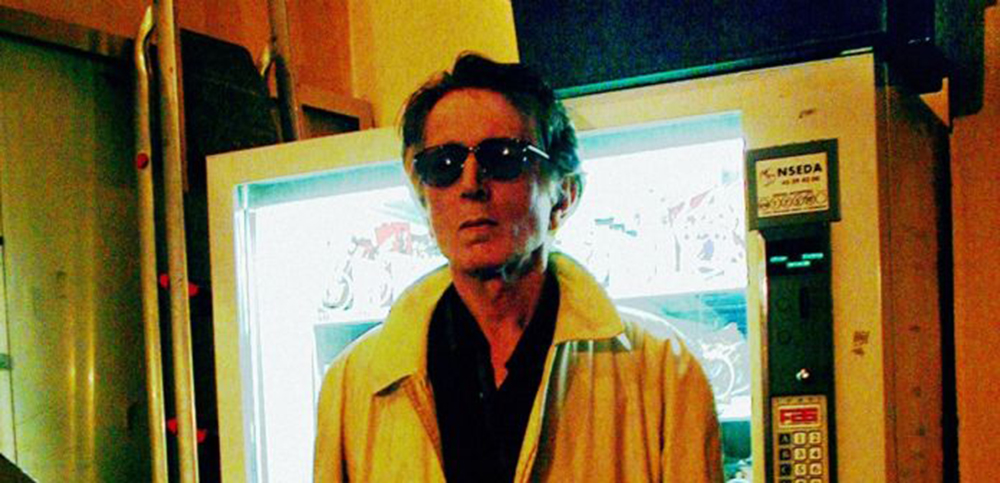 The Last of French Seventies Counterculture by Stephanie LaCava
The Last of French Seventies Counterculture by Stephanie LaCava
 Reimagining the Middle Class
Reimagining the Middle Class
 The Blessed and the Brightest
...[Details]
The Blessed and the Brightest
...[Details]
Cracked Fairy Tales and the Holocaust by Sabrina Orah Mark
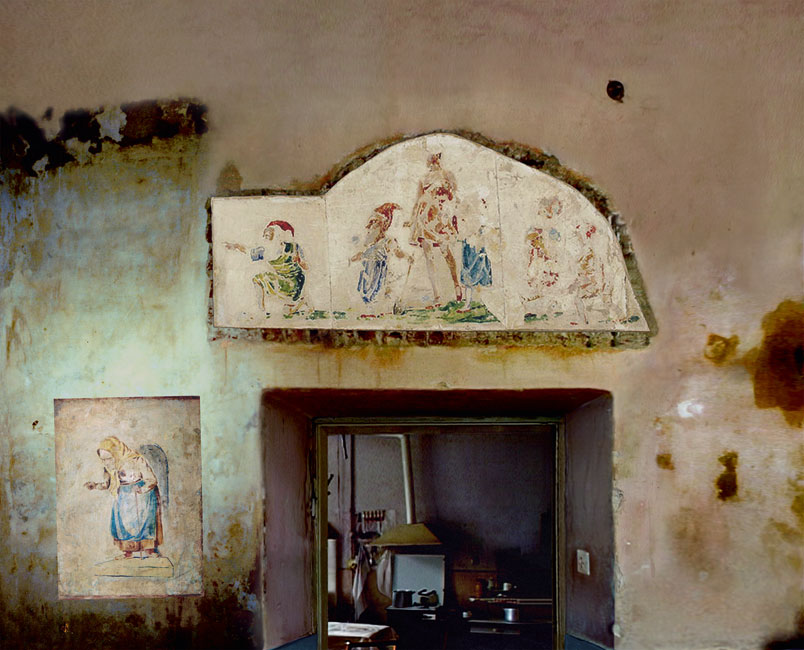 Cracked Fairy Tales and the HolocaustBy Sabrina Orah MarkOctober 8, 2018Arts & CultureFrom the B
...[Details]
Cracked Fairy Tales and the HolocaustBy Sabrina Orah MarkOctober 8, 2018Arts & CultureFrom the B
...[Details]
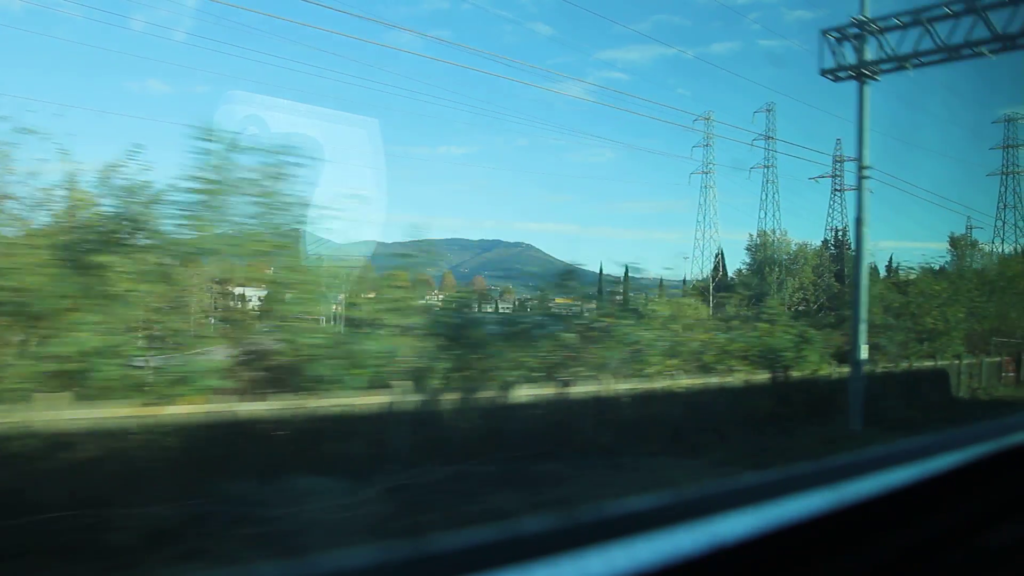 The Moment of DistractionBy Amit ChaudhuriSeptember 21, 2018The MomentThis is the final installment
...[Details]
The Moment of DistractionBy Amit ChaudhuriSeptember 21, 2018The MomentThis is the final installment
...[Details]
Feminize Your Canon: Violet Trefusis by Emma Garman
 Feminize Your Canon: Violet TrefusisBy Emma GarmanOctober 10, 2018Feminize Your CanonYoung Violet Tr
...[Details]
Feminize Your Canon: Violet TrefusisBy Emma GarmanOctober 10, 2018Feminize Your CanonYoung Violet Tr
...[Details]
The Last Temptation of Paul Schrader
 Sam Thompson ,July 4, 2018 The Last Tempta
...[Details]
Sam Thompson ,July 4, 2018 The Last Tempta
...[Details]
Ugliness Is Underrated: In Defense of Ugly Paintings
 Ugliness Is Underrated: In Defense of Ugly PaintingsBy Katy KelleherJuly 31, 2018Arts & CultureE
...[Details]
Ugliness Is Underrated: In Defense of Ugly PaintingsBy Katy KelleherJuly 31, 2018Arts & CultureE
...[Details]
Redux: Doing Battle with Your Successors
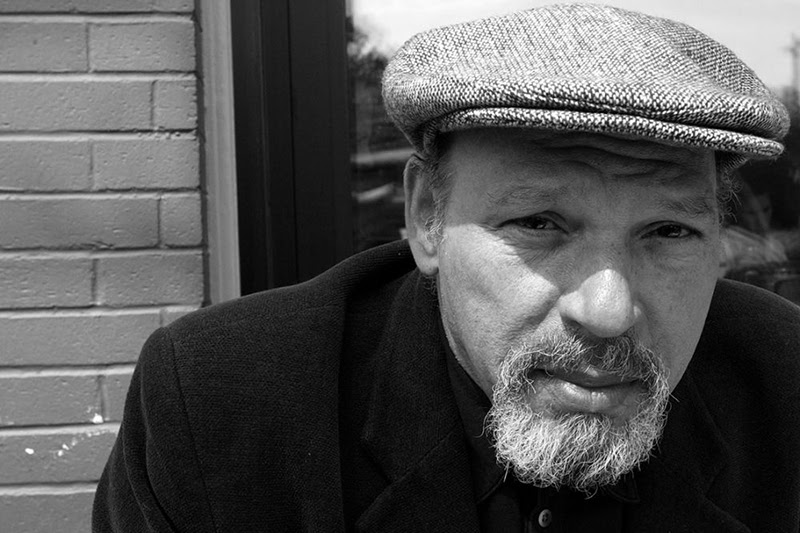 Redux: Doing Battle with Your SuccessorsBy The Paris ReviewAugust 7, 2018ReduxEvery week, the editor
...[Details]
Redux: Doing Battle with Your SuccessorsBy The Paris ReviewAugust 7, 2018ReduxEvery week, the editor
...[Details]
Staff Picks: Dubbing and Pill Popping by The Paris Review
 Staff Picks: Dubbing and Pill PoppingBy The Paris ReviewSeptember 7, 2018This Week’s ReadingWhile wa
...[Details]
Staff Picks: Dubbing and Pill PoppingBy The Paris ReviewSeptember 7, 2018This Week’s ReadingWhile wa
...[Details]
The Man Who Knew Nothing at All
 Josh Fruhlinger ,March 13, 2018 The Man Wh
...[Details]
Josh Fruhlinger ,March 13, 2018 The Man Wh
...[Details]
There Are No White People in Heaven: An Interview w ith José Olivarez
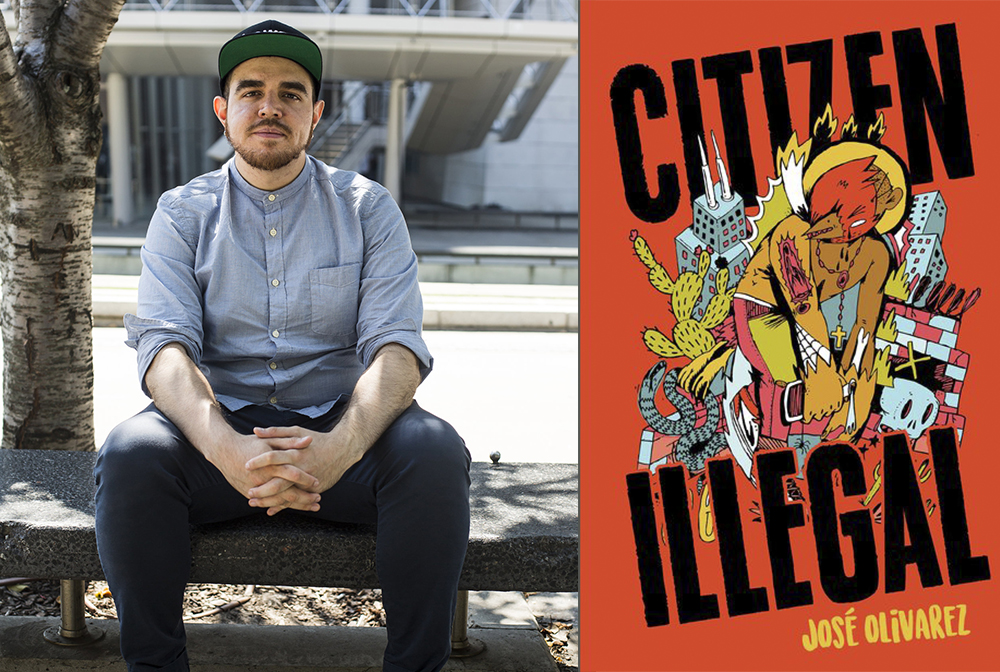 There Are No White People in Heaven: An Interview with José OlivarezBy Andy PowellAugust 24, 2018At
...[Details]
There Are No White People in Heaven: An Interview with José OlivarezBy Andy PowellAugust 24, 2018At
...[Details]
接受PR>=1、BR>=1,流量相当,内容相关类链接。